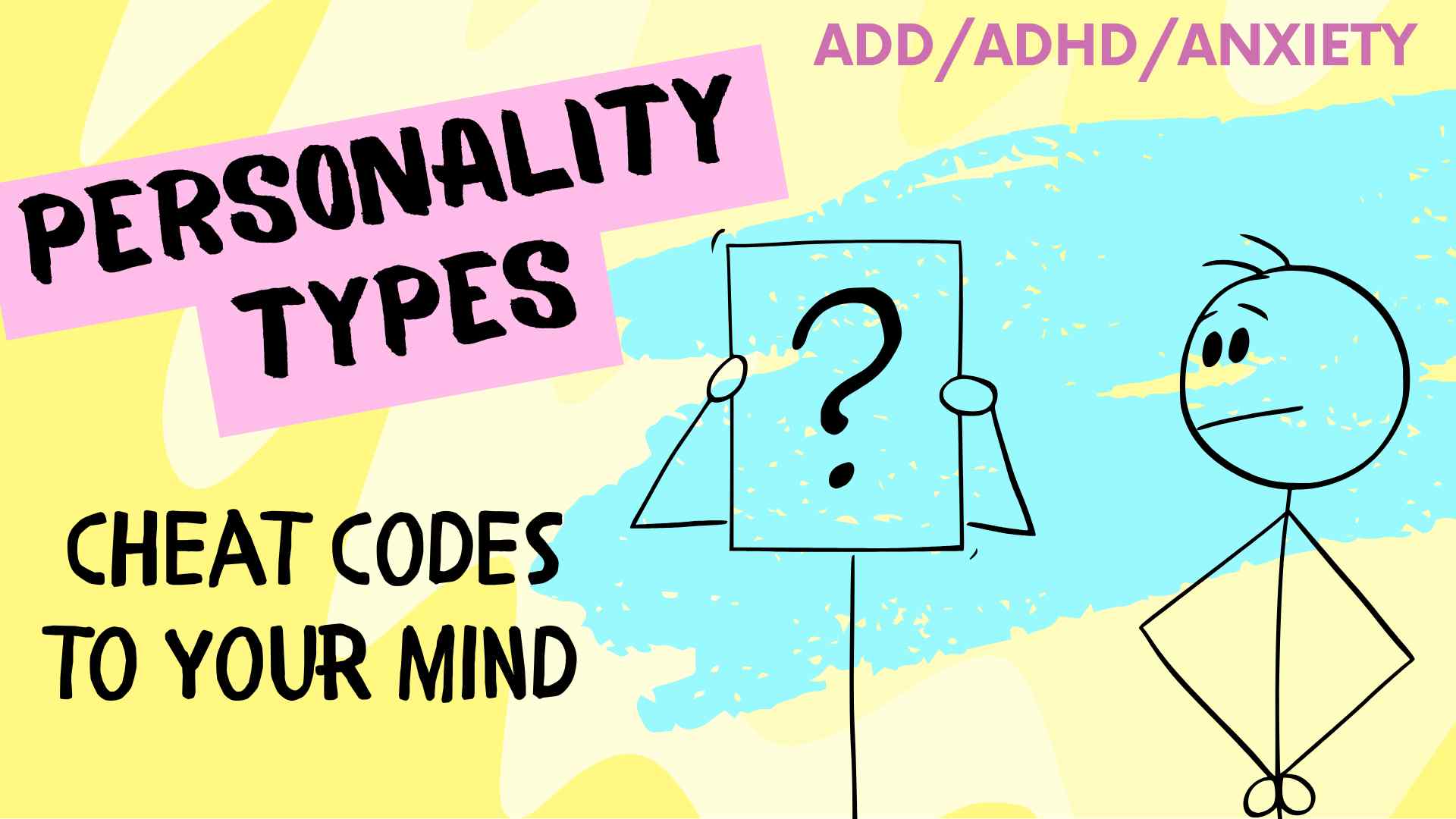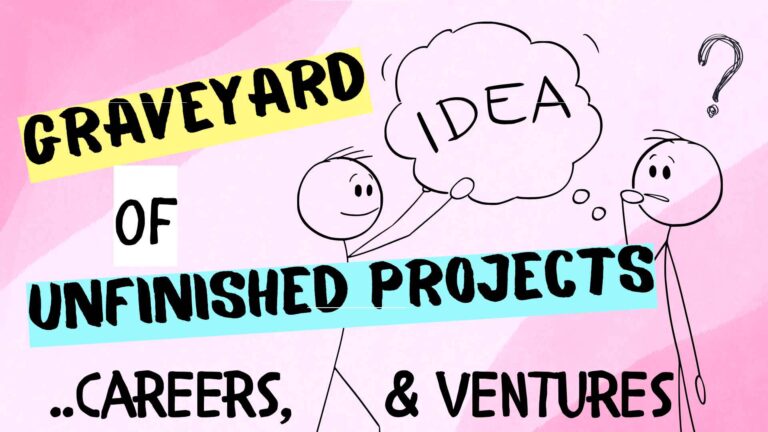Alright, let’s talk personality types. You know that feeling when your brain is running a million miles an hour, but the world expects you to function like a well-organized spreadsheet?
So how can understanding your personality type help with your hot mess of chaos, brilliance and overwhelm?
For one, it’s like unlocking a cheat code for navigating it all – and your relationships with others. I took my own most challenging traits, a disorganized mind and anxiety, to see how the knowledge of personality types could be another tool in my life tool box.
Table of Contents
Why Personality Types Matter (Especially If Your Brain Is a Circus)
Personality frameworks like MBTI, Enneagram, or the Big Five aren’t just fun internet quizzes—they’re legit tools for figuring out how your brain operates. And when you’ve got ADD/ADHD or anxiety in the mix, knowing your natural tendencies can help you stop fighting yourself and start working with your brain instead of against it.
For example, if you’re an ENFP (Extraverted, Intuitive, Feeling, Perceiving), structure might feel like a prison, but creativity and spontaneity? That’s your jam. Meanwhile, an ISTJ (Introverted, Sensing, Thinking, Judging) might find that routines are their lifeline for managing ADD/ADHD symptoms.
How ADHD and Anxiety Play With Personality Types
- Introvert vs. Extravert
- Introverts: Socializing drains you, and anxiety makes it worse. You need structured alone time to recharge.
- Extraverts: ADHD makes you crave stimulation, but too much can send anxiety into overdrive. Find balance with movement-based workspaces or social breaks.
- Intuitive vs. Sensing
- Intuitives: Big-picture thinkers who get lost in ideas. ADD/ADHD makes this worse, so breaking tasks into bite-sized chunks is key.
- Sensors: Live in the moment, thrive on hands-on experiences. Anxiety responds well to grounding techniques like deep breathing or sensory focus.
- Thinking vs. Feeling
- Thinkers: Logic-driven but prone to overanalyzing. Anxiety loves this. Set time limits on decision-making to avoid spiraling.
- Feelers: Emotionally tuned in, which can make ADD/ADHD impulsivity and anxiety-driven worry harder to manage. Journaling and emotional regulation techniques help.
- Judging vs. Perceiving
- Judgers: Love structure, which helps ADD/ADHD but can make anxiety worse when things don’t go as planned. Learn to embrace flexibility.
- Perceivers: Hate rigid schedules but thrive in adaptable spaces. ADD/ADHD makes procrastination a beast, so gamify tasks to make them fun.
How to Apply This in Real Life Without Losing Your Mind
- Build routines that actually work for YOU: If strict schedules make you want to scream, try flexible structures instead.
- Leverage your strengths: An intuitive thinker? Use your problem-solving skills. A sensing feeler? Create emotionally supportive environments.
- Tailor coping mechanisms: Overanalyzing? Set decision-making limits. Struggling with structure? Make tasks engaging.
- Adjust your environment: Need stimulation? Try co-working spaces. Need quiet? Carve out recharge time.
Final Thoughts: You’re Not Broken, You’re Wired Differently
Personality types aren’t about putting yourself in a box—they’re about understanding how you naturally function so you can stop fighting yourself. ADD/ADHD and anxiety don’t have to be roadblocks; they can be part of what makes you uniquely brilliant.




